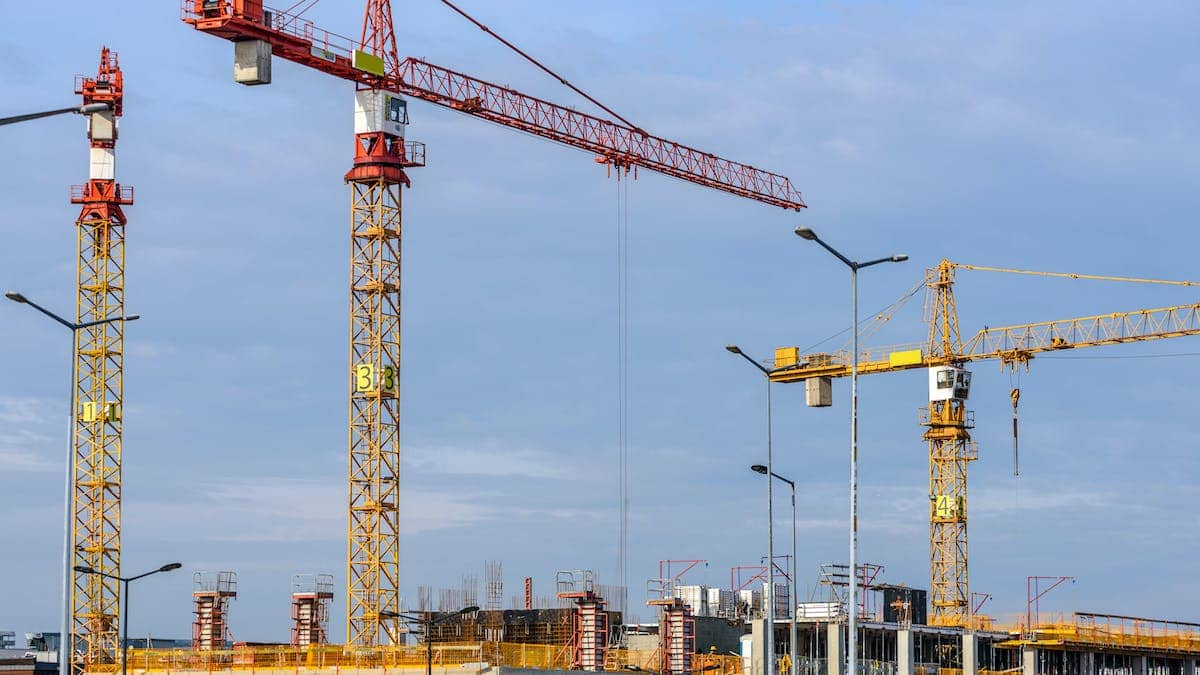
Tamilnad Mercantile Bank (TMB) is looking to broadbase its shareholding and get past regulatory restrictions on branch expansion with its initial public offering (IPO), chief executive KV Rama Moorthy said on Tuesday.
“We are having a strangulating effect by way of not (being allowed to go for) branch opening in the live organisation. That is one thing which has prompted us to go for this exercise. If that strangulation is not there, it will help us to grow,” Moorthy said.
Also read: Global Markets: Shares and bonds stabilise on pause in bad news
The regulator revoked three of the restrictions in March 2021, subject to the bank getting listed on the stock exchanges by December 31, 2021. The embargo on opening new branches was not revoked, with the RBI stating it would review the same after the bank’s listing. TMB wrote to the regulator in December 2021 seeking an extension of the listing deadline. It is yet to hear from the RBI on the letter.
The bank would like to diversify beyond its home state of Tamil Nadu and expand further in states where it is already present, such as Maharashtra, Gujarat, Karnataka and Andhra Pradesh. “We should be seen as a pan-India bank, not a region-concentrated bank. The strategy about how to go about it will be decided by the board once this strangulation is over and we get permission to open branches,” Moorthy said, adding that digital on-boarding will ease the bank’s growth in newer geographies.
Moorthy said that the dilution of stake through the IPO would lead to more stability at the bank and the listing will help it broadbase its shareholding.
Also read: Mumbai property registrations grow 20% on-year, over 8000 units sold in Aug; Rs 620 cr added to state revenues
TMB’s red herring prospectus (RHP) states that 37.73% of its paid-up equity share capital is subject to outstanding legal proceedings at various forums, in connection with which, proceedings against the bank have been initiated by various regulatory authorities, including the RBI and the Enforcement Directorate.
However, Moorthy said that only about 20% of the bank’s shareholding is disputed and is drawing the attention of law enforcement authorities. “The remaining are all individual shareholder disputes outstanding in different forums,” he added.


